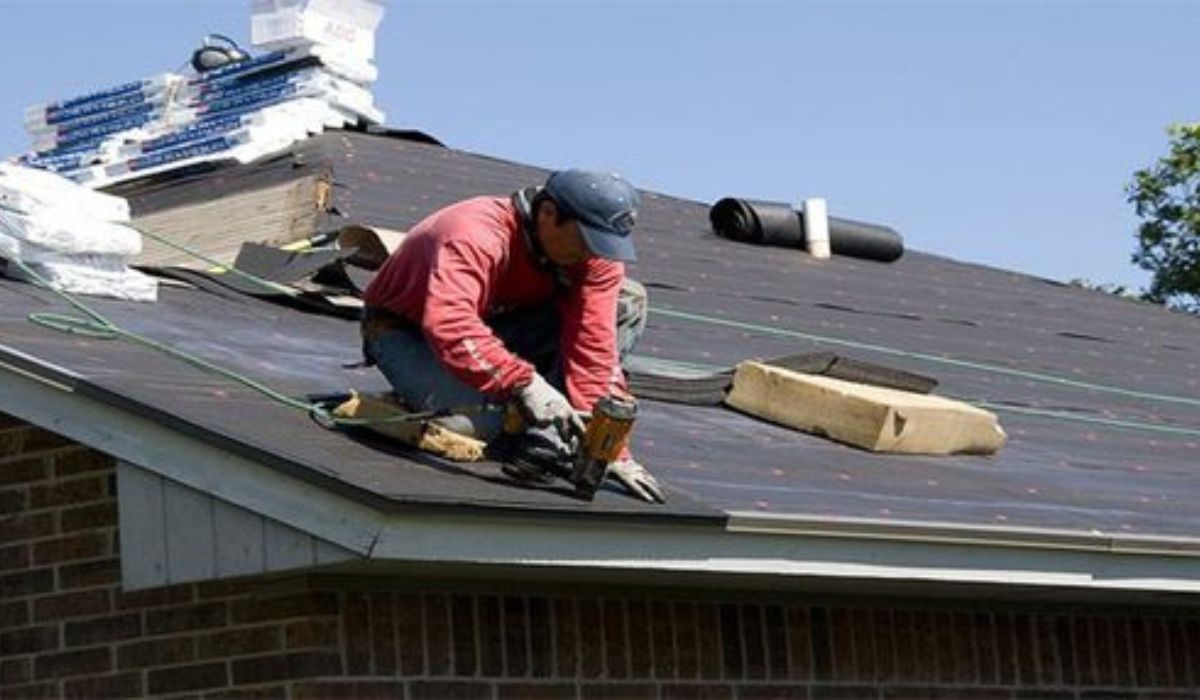
Are you adequately protected in the event of roof damage? When it comes to insurance coverage for your roof, understanding the difference between RCV (Replacement Cost Value) and ACV (Actual Cash Value) can make all the difference. But which one is right for you? Let’s explore the ins and outs of RCV and ACV coverage to ensure you’re making an informed decision when it comes to your insurance claim and roofing needs.
Key Takeaways:
- RCV coverage pays for the cost to repair or replace your damaged roof without deducting for depreciation.
- ACV coverage factors in depreciation and pays the depreciated cost to repair or replace your roof.
- RCV coverage is typically more suitable for newer roofs, while ACV coverage is often used for older roofs or roofs in poor condition.
- RCV coverage generally costs more in premiums but provides a higher payout in the event of a claim.
- Consider the age and condition of your roof, as well as the premiums and payout associated with each type of coverage, when choosing your insurance coverage.
What is RCV and ACV for Roofs?
When it comes to roof insurance coverage, understanding the terms RCV (Replacement Cost Value) and ACV (Actual Cash Value) is essential. These terms play a significant role in determining the amount you would receive for roof repair or replacement in the event of an insurance claim.
RCV stands for Replacement Cost Value. It represents the amount that your insurance company agrees to pay to replace your damaged roof with a comparable new roof. The RCV coverage does not consider depreciation when calculating the replacement cost.
ACV is short for Actual Cash Value. Unlike RCV, ACV takes depreciation into account. The claims adjuster assesses the condition of your roof, determines its replacement cost, and estimates the remaining lifespan to calculate the depreciation. The ACV coverage pays the depreciated cost of the roof repair or replacement.
Typically, insurance policies provide coverage for roofs under the dwelling coverage portion. However, the extent of coverage depends on the policy terms and the condition of the roof. ACV coverage is commonly used for older roofs or roofs in poor condition. On the other hand, RCV coverage is more suitable for newer roofs.
It’s important to note that some insurance policies may give you the option to choose between RCV and ACV coverage. However, the age and condition of the roof may impact this choice. Understanding the differences between RCV and ACV for roofs will help you make informed decisions regarding your insurance coverage.
Calculating Roof Replacement Cost
To determine the replacement cost of a roof, claims adjusters consider various factors, including the cost of materials, labor, and any additional expenses involved in the replacement process. The insurance company wants to ensure that you receive adequate compensation to restore your roof to its pre-damage condition.
This calculation may also involve reviewing the current condition of the roof, such as its age, level of wear and tear, and any existing damage. Assessing the remaining lifespan of the roof is crucial for estimating depreciation in ACV coverage. These factors help the insurance company determine the appropriate payout for roof repair or replacement.
Pros and Cons of RCV and ACV Coverage
When it comes to choosing between RCV (Replacement Cost Value) and ACV (Actual Cash Value) coverage for your roof, it’s essential to consider the pros and cons of each option. Understanding the differences can help you make an informed decision that aligns with your needs and budget.
RCV Coverage
Pros:
✓ Higher Payout: RCV coverage generally costs more in premiums, but it provides a higher payout in the event of a claim. In case of roof damage, your insurance company will pay the full cost to replace your roof with a new one, minus your deductible.
ACV Coverage
Pros:
✓ Affordability: ACV coverage, on the other hand, is typically more affordable compared to RCV coverage. The premiums for ACV coverage are generally lower.
Cons:
✓ Depreciated Payout: ACV coverage determines the payout based on the depreciated value of your roof. As roofs age, they depreciate in value, which means the insurance payout for roof damage under ACV coverage may be lower than the replacement cost value.
When deciding between RCV and ACV coverage, it’s important to review your insurance policy and consider the age and condition of your roof. If your roof is older or in poor condition, ACV coverage may be a suitable option for you. However, if you want the assurance of a higher payout and can afford higher premiums, RCV coverage may be the better choice.

By understanding the pros and cons of RCV and ACV coverage, you can make an informed decision that aligns with your insurance claim process and roof replacement value.
Conclusion
Choosing between RCV and ACV coverage for your roof is an important decision when it comes to your insurance claim settlement. By understanding the differences between the two, you can make a more informed choice that aligns with your specific needs and budget.
RCV coverage provides the advantage of full replacement cost value without factoring in depreciation. This means that if your roof is damaged, your insurance company will pay for the entire cost to repair or replace it, minus your deductible. On the other hand, ACV coverage takes depreciation into account. This means that the payout for your roof damage assessment will be based on the depreciated cost to repair or replace your roof. It’s essential to consider the age and condition of your roof when deciding which coverage option is right for you.
While RCV coverage may come with higher premiums, it offers a higher payout when it comes to an insurance claim settlement. ACV coverage, on the other hand, is typically more affordable, making it a suitable choice for older roofs or roofs in poor condition. By carefully reviewing your insurance policy and assessing the cost, premiums, and payout associated with each option, you can find the coverage that best suits your specific situation.
Ultimately, when it comes to choosing between RCV and ACV coverage, it’s crucial to consider your individual needs and budget. Whether you opt for RCV or ACV, understanding the differences and the implications they have on your insurance claim settlement and roof damage assessment will help you make an informed decision.

Meet William Adams, a seasoned roofing expert with over 30 years of hands-on experience in the industry. Having worked tirelessly under the scorching sun and through the fiercest storms, William brings a wealth of knowledge and expertise to the table. Hailing from the heart of the USA, he’s witnessed the evolution of roofing practices firsthand, mastering every aspect along the way. Now retired from the field, William spends his days cherishing time with his loved ones while sharing his invaluable insights through this platform. With William at the helm, you can trust that every tip, advice, and recommendation provided is backed by years of real-world experience and unwavering dedication to quality craftsmanship. Join us as we journey through the world of roofing, guided by the wisdom and passion of a true industry veteran.
